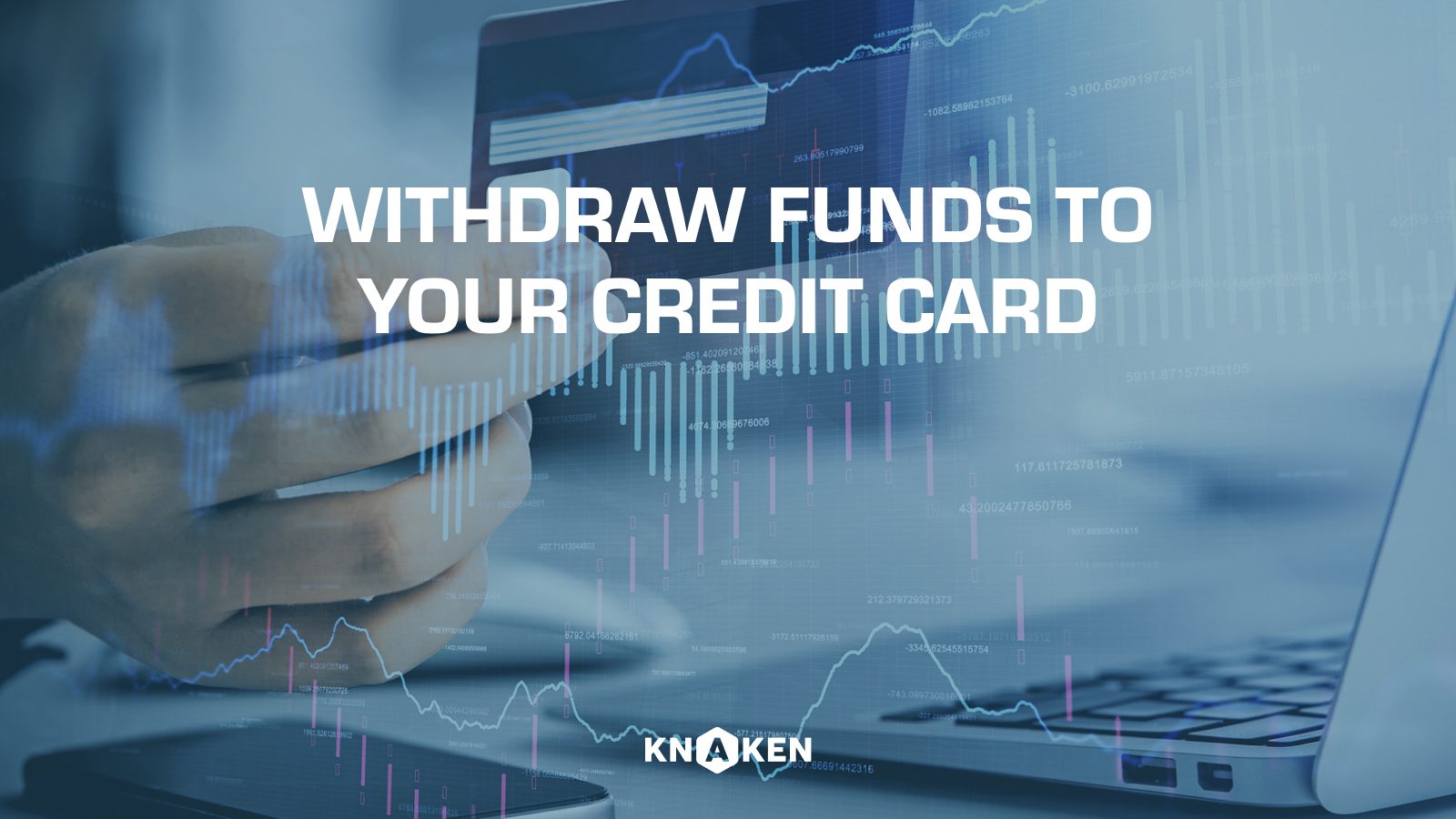Proof of Authority: An Overview
Proof of Authority (PoA) is a consensus mechanism used in blockchain networks that grants transaction validation rights to a limited number of pre-approved nodes, known as validators or authorities. Unlike traditional consensus mechanisms such as Proof of Work (PoW) and Proof of Stake (PoS), which rely on the computational power of a large number of nodes or the stake held by individual users, PoA emphasizes the identity and reputation of these authorities. This method is particularly well-suited for private and consortium blockchains where trust among participants is crucial.
How Proof of Authority Works
The PoA mechanism operates through the following principles:
- Identity Verification: Each validator node is required to undergo a strict identity verification process. This process associates their real-world identity with their network presence, thus holding them accountable for their actions.
- Limited Validators: Only a select number of nodes are authorized to validate transactions and create new blocks. This limits the number of parties involved in the consensus process, creating a streamlined and efficient system.
- Fast Transactions: Due to the reduced number of validators, PoA networks can process transactions more quickly compared to systems that depend on widespread mining or staking.
- Governance and Consensus: Validators are typically chosen based on their trustworthiness, track record, and contribution to the network. Decisions regarding governance and protocol upgrades often involve these validators, fostering an efficient decision-making process.
Advantages of Proof of Authority
The Proof of Authority consensus mechanism offers several notable benefits, making it an appealing choice for specific applications:
- Scalability: PoA supports fast transaction times and a high number of transactions per second (TPS) by managing fewer nodes, making it suitable for enterprise solutions and applications requiring speed.
- Lower Energy Consumption: Unlike PoW networks, PoA does not require intensive computational power, leading to significant energy savings and a reduced carbon footprint.
- Enhanced Security: By using known entities as validators, the network can reduce the risk of malicious attack compared to anonymous systems.
- Improved Transparency: The real-world identity tied to each validator builds a layer of trust and accountability, promoting transparency within the network.
Disadvantages of Proof of Authority
Despite its advantages, PoA also presents certain challenges and criticisms:
- Centralization: The reliance on a limited number of authorities introduces a centralization risk, as the decision-making power lies with a small group rather than being distributed across a larger community.
- Trust Issues: Although PoA builds on trust, the necessity of trusting the validators necessitates a strong vetting process. If a validator acts maliciously, it can undermine the entire network.
- Reduced Decentralization: The effectiveness of PoA in providing decentralized solutions is often questioned, as it relies on the authority of a few individuals or entities.
Use Cases for Proof of Authority
PoA is particularly well-suited for specific scenarios, including:
- Enterprise Blockchains: Many organizations leverage PoA for private blockchain solutions that require a small number of trusted participants.
- Consortium Blockchains: A group of organizations can utilize PoA for creating collective solutions where trust and governance are pre-defined among a few members.
- Supply Chain Management: PoA can enhance transparency and traceability in supply chains by ensuring that trusted entities validate transactions and data entries.
Popular Blockchains Using Proof of Authority
Several blockchain platforms have successfully implemented the Proof of Authority consensus mechanism, including:
- VeChain: A supply chain-focused blockchain that uses PoA to enhance product traceability.
- POA Network: This blockchain was specifically designed around the PoA consensus mechanism, enabling quick and cost-effective transactions.
- Ethereum Classic: The Ethereum Classic network allows the use of PoA for certain applications, fostering a more scalable environment.
Conclusion
Proof of Authority is a unique consensus algorithm that balances scalability, efficiency, and energy consumption with the trade-offs of centralization and the need for trust. Its applications in enterprise and consortium settings demonstrate its effectiveness in scenarios that require efficient transaction processing while maintaining accountability. As the blockchain ecosystem continues to evolve, PoA offers an alternative approach to consensus that can be tailored to specific use cases, fostering innovation in the development of decentralized applications.


















